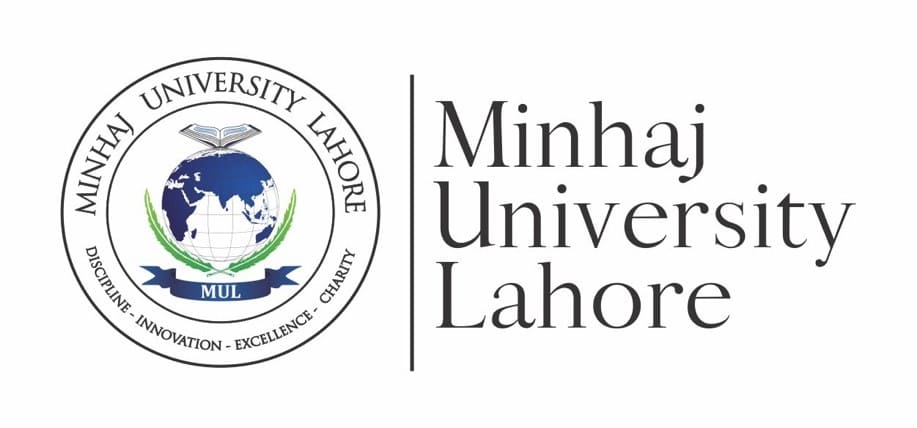Implementation of Syirkah Principles (Partnership) in the Establishment of a Waqf Asset Management Company
DOI:
https://doi.org/10.58932/MULD0031Keywords:
Company, Islam, Syirkah, Waqf ManagementAbstract
The waqf institution is one of the economic potentials in Islam which in its history has made a major contribution to the progress of human civilization, including improving economic welfare in society. Managing waqf in a trustworthy and professional manner is important to increase waqf assets and benefits. In this case, the nazhir plays an important role in managing waqf both independently and in collaboration with business entities. Partnerships can be entered into by nazhir with various parties including the Company. In Islamic Law, we recognize the concept of Syirkah (partnership) for business collaboration, including in the formation of companies. This research examines how syirkah as a concept of economic cooperation originates from Islamic law in nazhir partnerships managing waqf assets including the potential for forming waqf-based companies. The analysis method is a normative juridical, namely through a legal approach, both national law and Islamic law, which is supported by empirical data in the field related to companies that manage waqf. Through this article, it is hoped that we can provide an appropriate model for implementing the syirkah/partnership concept in waqf management, including the concept of forming a waqf-based company that can be offered to increase the professionalism of waqf management. Syirkah as the basic concept of company formation in Islam, can be integrated into the formation of a company to manage waqf assets. syirkah amlaak which comes from joint ownership assets that are donated and managed productively, then the results are distributed according to the purpose of the waqf pledge. Besides that, the principles of syirkah inan and syirkah mudharabah can also be applied, which are components of cash waqf that are used as business capital and the profits for the purpose of waqf. An interesting new paradigm for collaboration between waqf and companies includes the Corporate Social Responsibility (CSR) Program. Through the CSR Program, Waqf Management will synergize with company activities in a professional and sustainable manner.
References
Al-Barwary, S. M. I. (2007). Bursa Saham menurut Pandangan Islam. Kuala Lumpur: Jasmin Enterprise, Cetakan Pertama.
Aly, W. O. (2016). Waqf Corporate Role to Enhance the Social Entrepreneurship in the Egyptian Community: Problems and Remedies. Journal of Public Administration and Governance, 6(4).
Ahmad, D. S., Qamar, A. J. ., Bhatti, M. A. A., & Bashir, U. (2023). Integrating Islamic Ethics with Modern Governance: A Comprehensive Framework for Accountability Across Religious, Social, and Economic Dimensions. Al-Irfan, 8(15), 51–79.
An-Nabhani, T. (1996). Membangun Sistem Ekonomi Alternatif Perspektif Islam.
Basir, A. A. (1987). Wakaf: Izarah dan Syirkah. Bandung: PT. Al-Ma’arif.
Djunaidi, A., & Al-Asyar, T. (2008). Menuju Era Wakaf Produktif. Penerbit Mumtaz
Hasan, T. (2009). Istibdal Harta Benda Wakaf, Al-Awqaf. Jurnal Wakaf dan Ekonomi Islam. II(3). p. 3.
Huda, M. (2020). Sharia principles in implementing corporate waqf. PalArch's Journal of Archaeology of Egypt/Egyptology, 17(3), 461-473.
Idris, A. (1986). Fiqh al-Syafi’iyah. Jakarta: Karya Indah.
Iqbal, M. (1997). Distributive justice and need fulfilment in an Islamic economy. Islamabad: IIIE. International Islamic University.
Isnaini, J. L., & Utami, H. W. (2020). Analisis Maslahah dan Akuntabilitas sebagai Prinsip Manajemen Aset Wakaf Kontemporer. Management of Zakat and Waqf Journal (MAZAWA), 1(2), 127-144.
Kamil, S. (2011). Wakaf Untuk Keadilan Sosial: Antara Teori dan Praktek, Al-Waqaf. Jurnal Wakaf dan Ekonomi Islam, 4(1), 60-87.
Karim, A. A. (2004). Fikih Ekonomi Keuangan Islam. Jakarta: Darul Haq.
Mahamood, S. M. (2021). Corporate Waqf in Malaysia. Public Lecture on Sharia Economic Law - Social Finance (Corporate Waqf). Universitas of Padjadjaran, Bandung, Indonesia via Zoom, 30 Nov 2021.
Majalah S., (2011), “Wakaf di Singapura dan Mesir”. Ekonomi dan Bisnis Syariah. 52(V). p. 19.
Mohammad, M. T. S. H. (2011). Towards an Islamic social (waqf) bank. International Journal of Trade, Economics and Finance, 2(5), 381.
Prihatini, F., Hasanah, U. & Wirdyaningsih. (2005). Hukum Islam Zakat dan Wakaf. Jakarta: Papas Sinar Sinanti Anggota Ikapi & Badan Penerbit Fakultas Hukum Universitas Indonesia. Publishing: Depok
Ramli, A., Fahmi, F., Darus, F., & Ismail, N. (2018). Primary drivers of sustainable performance: The case of corporate waqf. Global Journal Al Thaqafah, 8(1), 207-218.
Saad, A. (2020). The corporate waqf in law and practice. In The Corporate Waqf in Law and Practice: Saad, Aisha. [Sl]: SSRN.
Saad, N. M., Sarif, S. M., Osman, A. Z., Hamid, Z., & Saleem, M. Y. (2017). Managing corporate waqf in Malaysia: perspectives of selected SEDCs and SIRCs. Jurnal Syariah, 25(1), 91-116.
Sabiq, S. (2006). Fiqh Sunnah. Pena Pundi Aksara: Jarkarta
Santoso, B. (2011). Wakaf perusahaan: model CSR Islam untuk pembangunan berkelanjutan. Universitas Brawijaya Press.
Soekanto, S. (2007). Penelitian hukum normatif: Suatu tinjauan singkat.
Sulaiman, S., & Hasan, A. (2020). Integrated Approach Of Unit Trust And Waqf As Sustainable Investment Conceptual Model In The Covid-19 Era.
Wahbah, A. (2010). Fiqih Islam Wa Adillatuhu.
Zaldya, I. Z., Lita, H. N., & Harrieti, N. (2022). Sinergitas Wakaf dengan Corporate Social Responsibility pada Praktik Wakaf Saham di Dompet Dhuafa. Jurnal Hukum Ekonomi.
Downloads
Published
How to Cite
Issue
Section
License
Copyright (c) 2024 Helza Nova Lita, Siti Mashitoh Binti Mahamood, Aam Suryamah, Rafan Darodjat

This work is licensed under a Creative Commons Attribution-NonCommercial 4.0 International License.









